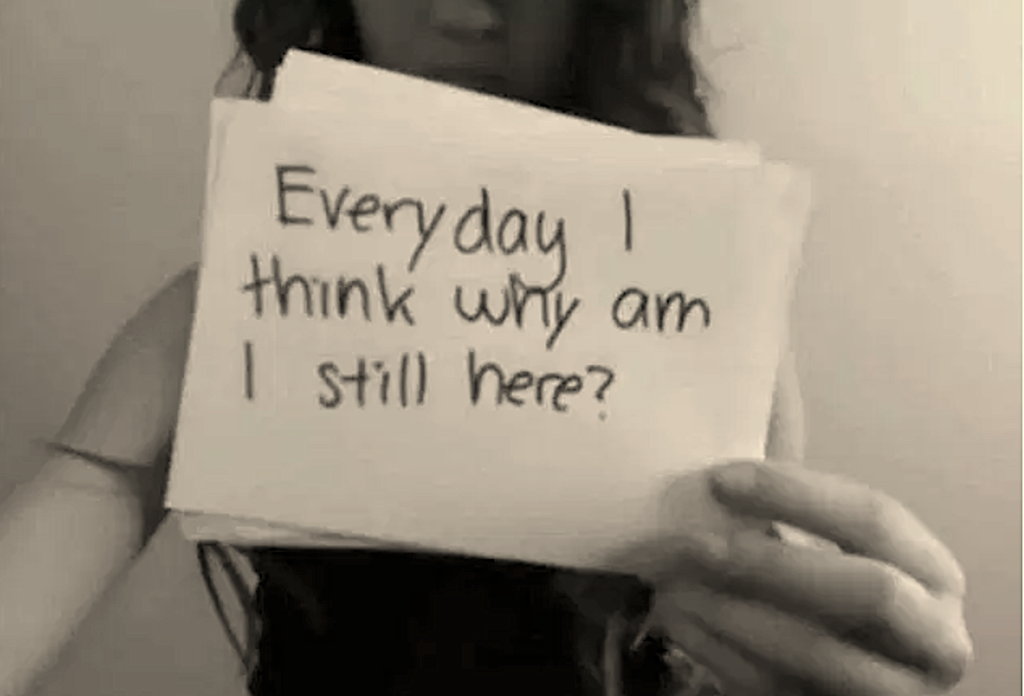Think about this. We live at a time when it is easier (supposedly) to be you -- or whatever version of you that you choose -- than any other time in history. We are more affluent, have more access to education, and have all the benefits of technology. We have more choices for entertainment, music, and leisure than ever before. We have more access to health care, to the food choices that match our whims, and to clothing that fits our moods than any previous time. But every day, 16 young people die from suicide.Teenagers and young adults in the United States are being ravaged by a mental health crisis — and we are doing nothing about it. As of 2017, statistics show that an alarming number of them are suffering from depression and dying by suicide. In fact, suicide is now the second leading cause of death among young people, surpassed only by accidents.After declining for nearly two decades, the suicide rate among Americans ages 10 to 24 jumped 56 percent between 2007 and 2017, according to data from the Centers for Disease Control and Prevention. And for the first time the gender gap in suicide has narrowed: Though the numbers of suicides are greater in males, the rates of suicide for female youths increased by 12.7 percent each year, compared with 7.1 percent for male youths.At the same time, the rate of teen depression shot up 63 percent, an alarming but not surprising trend given the link between suicide and depression: In 2017, 13 percent of teens reported at least one episode of depression in the past year, compared with 8 percent of teens in 2007, according to the National Survey on Drug Use and Health.
Could this at all be tied to the fact that this same age group has been deprived of a solid religious upbringing, of a stable family home with two parents, of a rigorous work ethic, of a commonly held morality, of being held accountable for choices, actions, and decisions? Could it be that what we think we are protecting our children from are the very things that once protected them (and could still)? Have we traded a reality in which the things most real include a God who loved them enough to send His Son to save them for a virtual reality in which nothing is that solid or secure and self-esteem and a clear conscience must be figured out on a daily basis for themselves? A godless world in which people are shielded from the threats of an intolerant Christian religion has not yielded the fruits that were promised. Think about this the next time you read a headline decrying white privilege or patriarchalism or religious intolerance. Things are not as we think, people, and our world of freedom from morality and truth has not offered our children much but the sanctioned choice to end a life deemed not worth living. Lord, have mercy.

No comments:
Post a Comment